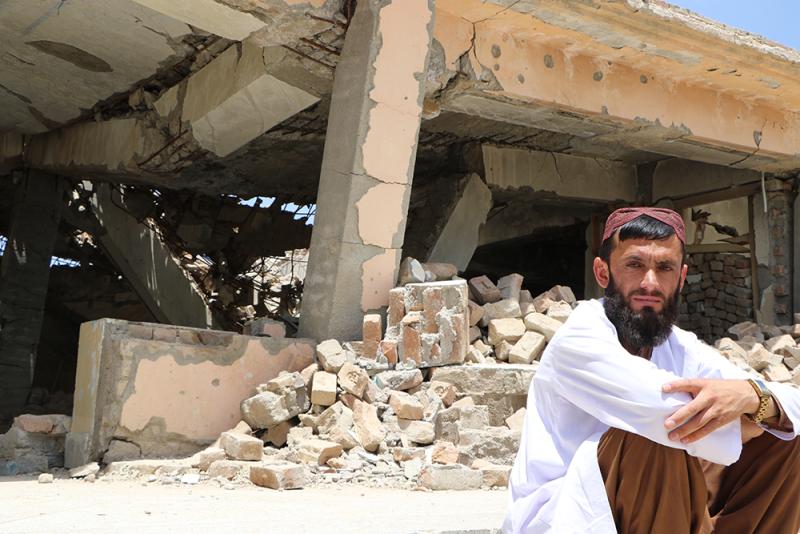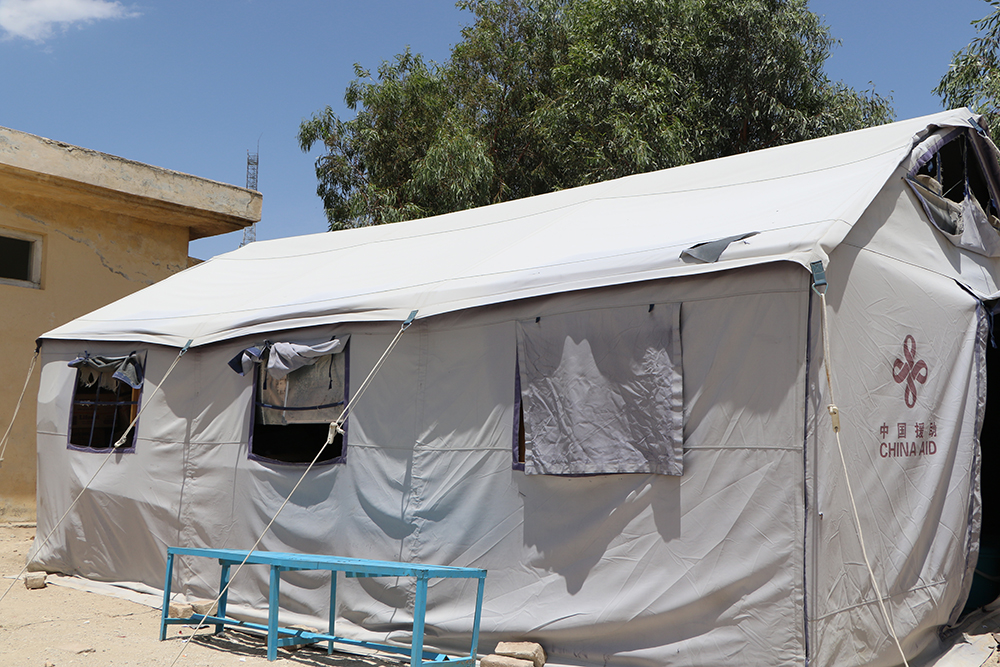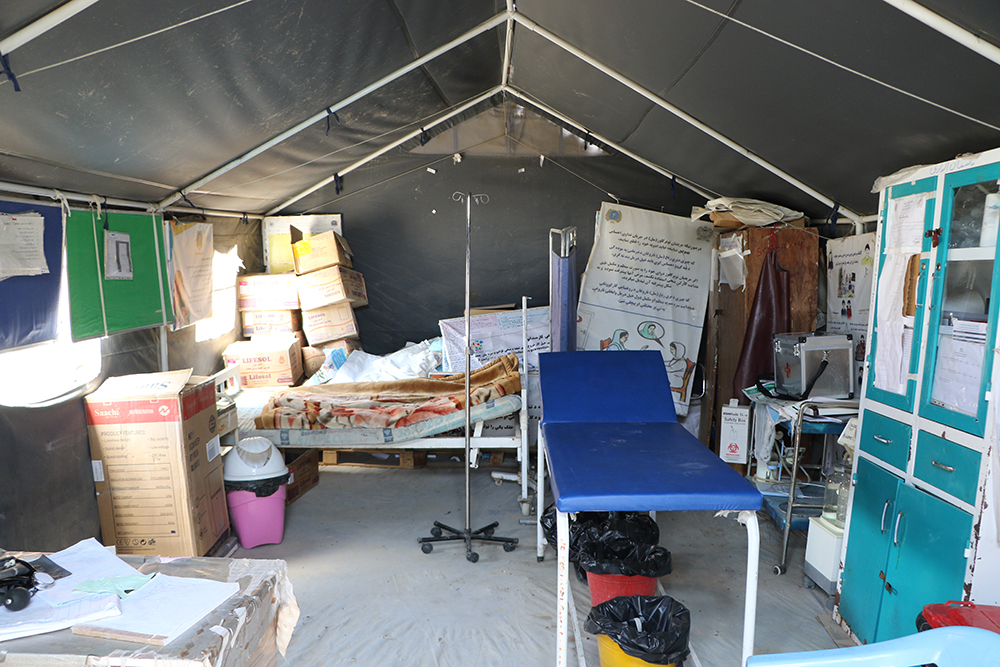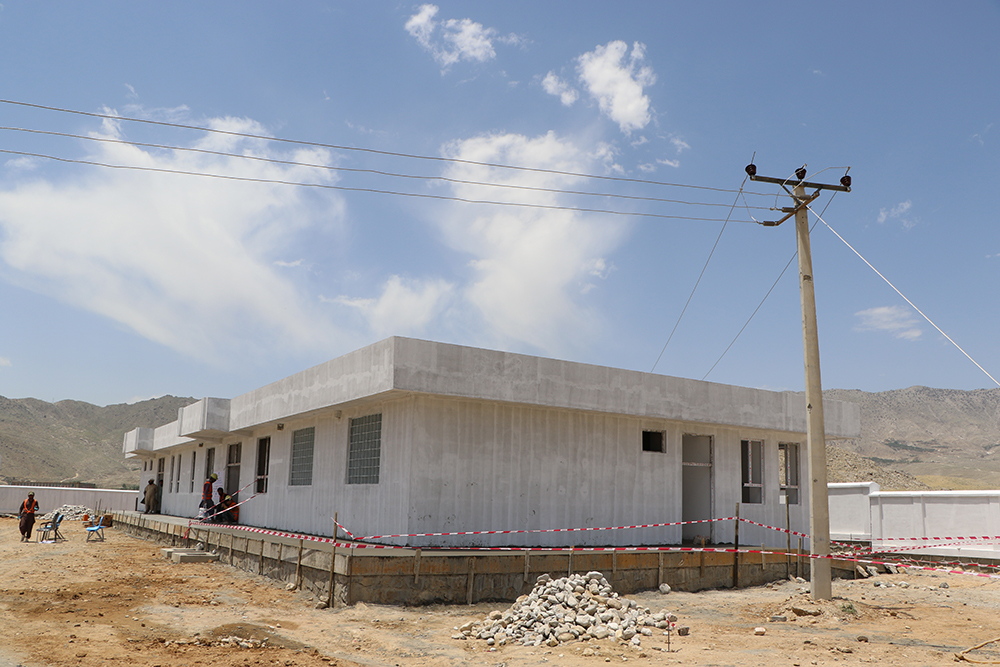

In Badphakt District, Laghman Province, hope is being restored for 10,000 families across 36 villages with the near completion of the Comprehensive Health Centre (CHC).
Isolated from the international community for over 20 years due to prolonged conflicts, the community is finally receiving the much-needed support from the Special Trust Fund for Afghanistan (STFA).
Roughly three years ago, the existing community hospital was bombed, causing catastrophic damage to the local healthcare system. Despite these challenges, doctors and nurses have continued to provide essential health services using makeshift and temporary arrangements, primarily acting as a referral point for nearest medical supports located 10 kilometres away. However, the conditions are dire for both patients and staff. The nearly completed construction of health centre will be transforming this scenario with comprehensive health care services to the communities.


"The construction of the new hospital building will greatly benefit many people in the community by providing essential healthcare services. Both community members and hospital staff are deeply grateful to STFA for their crucial support," said Mr. Obaidullah, a nurse who has witnessed firsthand the terrible events.
Ms. Fatima, a doctor who sees up to 200 female patients daily, is also grateful for the new centre and says, “As long as I am in my community, I will provide healthcare services to the best of my ability no matter what,” demonstrating a profound resilience and commitment of the small but dedicated health professionals in the community.
This new CHC is one of four being implemented by UNHCR under the Joint Regional Programme for the Eastern Region, funded by the STFA, in line with the United Nations Strategic Framework for Afghanistan 2024-2025.

The CHC’s impact extends beyond healthcare. During construction, the project provided daily employment for 12 skilled and 18 unskilled workers, injecting much-needed economic benefits into the community and reflecting STFA’s community-centric and area-based approach. Once completed and operational, the centre, staffed by 22 medical professionals, will offer critical essential medical services, reducing the need for arduous and often painful referrals to the provincial hospital in Mehterlam which locals must travel over rough roads.
As the CHC nears its completion, UN agencies are discussing collaboration under the ‘Delivering As One’ approach under the STFA, with UNDP planning to equip the hospital’s power supply through renewable energy under the Joint Programme.
The nearly completed CHC is a cornerstone of the whole-of-community approach, ensuring that no one is left behind. As it prepares to open its doors, the CHC represents more than just a medical facility; it embodies hope, resilience, and the unwavering spirit of a community determined to rebuild and thrive.